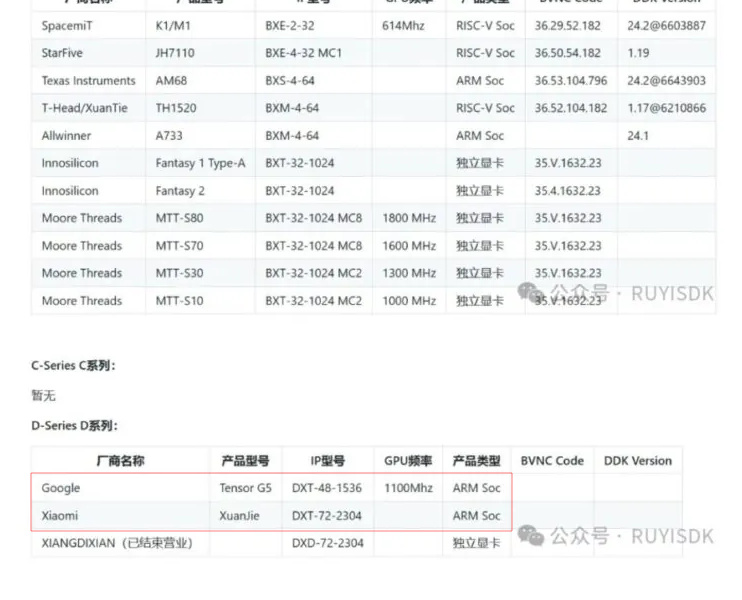
New Leak Accidentally Confirms Google Tensor G5’s Switch to Imagination GPU
- 24.03.2025 02:52
- gizmochina.com
- Keywords: Google, Tensor G5, Imagination Technologies, Xiaomi
Google's Tensor G5 is switching to Imagination GPUs, potentially boosting gaming and graphics performance with features like ray tracing. The chipset may include custom components such as an image signal processor and memory controller.